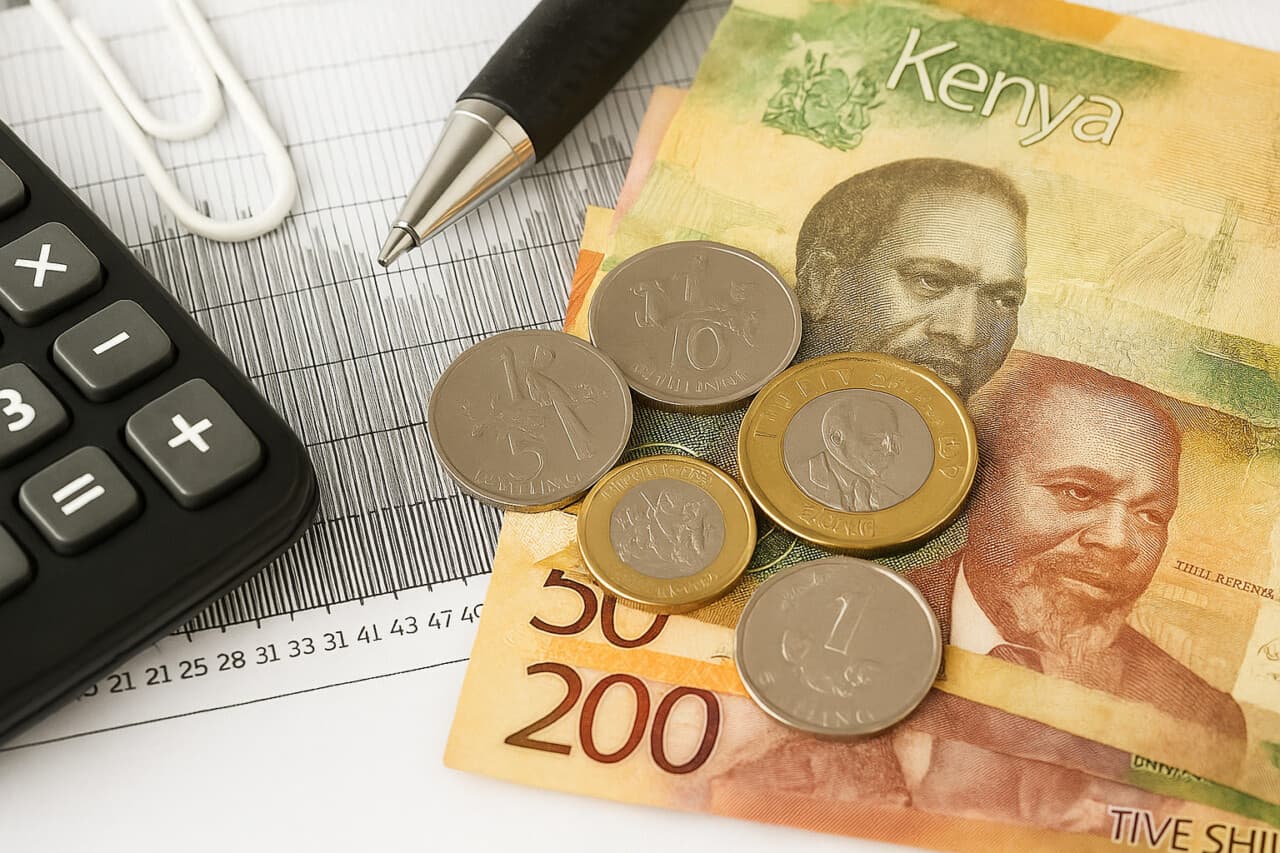We're loading the full news article for you. This includes the article content, images, author information, and related articles.
Recent surveys from Infotrak and Twaweza reveal a majority of Kenyans are concerned about the high cost of living and unemployment, viewing the country's economic trajectory negatively despite varied official growth forecasts.

A significant majority of Kenyans believe the country is heading in the wrong economic direction, citing the high cost of living, unemployment, and heavy taxation as their primary concerns. A September 2025 poll by research firm Infotrak revealed that 57% of Kenyans feel the country is on the wrong track. The survey, conducted between August 13 and 14, 2025, with 2,400 respondents across all 47 counties, highlighted that only 17% are satisfied with the nation's trajectory. The main drivers of this dissatisfaction were the high cost of living (40%) and unemployment (36%). Similarly, a Twaweza survey from March-April 2025 found that 72% of citizens are dissatisfied with how the cost of living is being addressed.
This public sentiment contrasts with a more mixed but cautiously optimistic outlook from economic institutions. The International Monetary Fund (IMF) in October 2025 projected Kenya's economy to grow by 4.8% in 2025. However, the World Bank in June 2025 revised its forecast for Kenya downwards to 4.5%, citing concerns over public debt, scarce private sector credit, and high interest rates. The Central Bank of Kenya (CBK) also adjusted its 2025 growth forecast to 5.2% from 5.4%, acknowledging the potential impact of higher trade tariffs.
The sentiment on the ground reflects the daily struggles faced by many. The Infotrak poll indicated that 79% of Kenyans feel the cost of living has worsened compared to the previous year, with 40% attributing this to increased taxation. A survey by Stahili Pulse Reports released on Friday, October 24, 2025, found that nearly half (49.6%) of Kenyans believe business conditions have deteriorated over the past six months. The Twaweza report further detailed the extent of economic stress, with 80% of respondents reporting they had to cope without a cash income multiple times in the past year. These figures underscore the disconnect between macroeconomic indicators and the lived reality for a large portion of the population.
The Kenya National Bureau of Statistics (KNBS) released its 2025 Economic Survey in May, which showed that Kenya's real Gross Domestic Product (GDP) grew by 4.7% in 2024, a slowdown from the 5.7% growth recorded in 2023. The report attributed the moderated growth to factors including high credit costs and widespread flooding. While inflation eased to 4.5% in 2024, providing some relief, the report also noted a decline in job creation, with 782,300 new jobs in 2024 compared to 848,100 in the previous year. Worryingly, 90% of these new jobs were in the informal sector.
In response to the economic conditions, the CBK has pursued a policy of monetary easing, cutting its benchmark interest rate multiple times since August 2024 to stimulate private sector lending. By its meeting on October 7, 2025, the policy rate had been lowered to 9.25%. Despite these cuts, business leaders have cited challenges such as cash flow pressures and subdued consumer demand as constraints on growth. The government has also faced calls for greater accountability and strategies to reduce the tax burden. The IMF is conducting a diagnostic program to assess Kenya's governance structures, with a final report expected by October 2025, which aims to address challenges in public spending, revenue generation, and fiscal management.
Kenya's economic performance is also situated within a broader context. The IMF's Sub-Saharan Africa Regional Economic Outlook noted that economic growth for the region is expected to remain steady at 4.1% in 2025. However, the IMF also cautioned that debt-service burdens remain high for countries like Kenya. Globally, the IMF projects a slight slowdown in economic growth to 3.2% in 2025, citing persistent policy uncertainty and rising protectionism as potential threats to medium-term growth.
Keep the conversation in one place—threads here stay linked to the story and in the forums.
Other hot threads
E-sports and Gaming Community in Kenya
Active 8 months ago
The Role of Technology in Modern Agriculture (AgriTech)
Active 8 months ago
Popular Recreational Activities Across Counties
Active 8 months ago
Investing in Youth Sports Development Programs
Active 8 months ago